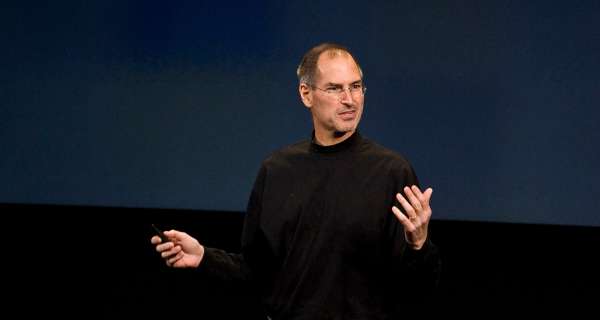KasperskyOS is a "super-secure" operating system designed to serve specific user groups.
Eugene Kaspersky holds the first prototype smartphone with the KasperskyOS operating system.

According to the Russian news website TASS, at a conference held in Moscow, Eugene Kaspersky, the CEO of Kaspersky Lab, revealed the first smartphone model running on their self-developed operating system, KasperskyOS.
Aquarius, a Russian manufacturer, has designed this smartphone with hardware that runs on Kaspersky's operating system. The creator of Kaspersky guarantees that the device is functioning properly.
The company Kaspersky has announced that this is one of the test models of the current smartphone. Previously, KasperskyOS had been demonstrated on devices in Asia.
"It works. This is my machine. The hardware belongs to Aquarius. All software, including the operating system, from the boot process, are ours," Eugene Kaspersky stated.
According to Kaspersky, their operation system can be installed on both devices from Russian and Asian providers, but they must meet certain requirements. Kaspersky is now targeting enterprise and industrial environments with their smartphone models.
In July 2012, Russian news site Vedomosti reported that Kaspersky had withdrawn from military smartphone development project. Prior to this, sources had revealed that Kaspersky had collaborated with Aquarius to develop a model called "NS M11".
The project to develop Aquarius NS M11 on the KasperskyOS platform has recently been completed. According to Viktor Ivanovsky, Head of Business Development for the KasperskyOS division, the main focus for implementing the KasperskyOS operating system at present is on businesses and industries, as he told Vedomosti.
In contrast to most other smartphone manufacturers, KasperskyOS is not simply a copy of Android with an added interface layer. "The kernel of KasperskyOS for Mobile is exclusively developed and does not contain any code from Linux, Android, or other operating systems. It is based on the microkernel architecture principle. Our microkernel source code is only tens of thousands of lines, while the Linux monolithic kernel has over 30 million lines. The compactness of the kernel enhances the protection of hardward, software, and devices based on KasperskyOS," Kaspersky stated.
The interface of KasperskyOS.

Kaspersky also affirms that the company has no plans to replace Android or iOS. "Our goal is to create a mobile operating system that provides tools and mechanisms for developing professional mobile devices with network security immunity."
In addition, Kaspersky has also stated that they have no plans to participate in the production of hardward such as smartphones or tablets. Rather, they will only provide software solutions to their partners.
In Vietnam, BKAV is a prime example of a cybersecurity company diversifying into the smartphone industry. Unlike Kaspersky, BKAV also participates in the hardware production process with their BPHONE line. Additionally, while KasperskyOS is an independent operating system, BOS, the "operating system" on BPHONE, is essentially just Android with BKAV's interface and applications.
Previously, CEO Nguyen Tu Quang announced that they have exported a batch of BPHONE to Europe, a military power to serve "yếu nhân, VIP."
"The device will be used for important figures, VIPs. We have collaborated with a partner to develop a dedicated secure operating system, based on BOS for this line of devices," said BKAV's CEO.
Recently, there have been many employees accusing BKAV of being in a state of salary dept. According to information posted on Báo Lao Động, BKAV has confirmed that the investment in BPHONE is the reason behind the company's financial difficulties.
"As it is widely known, in 2015, BKAV invested in production BPHONE smartphones. We have allocated over 1,000 billion VND ($39455.50) for research and production with the aim of developing the Vietnamese smartphone industry.
Because we still want to accomplish that, we have faced difficulties. Now we need to prioritize business production activities and salaries of those who are working in order to maintain the initial goal, and then gradually have the money to pay the salaries of former employees."



















0 Comments